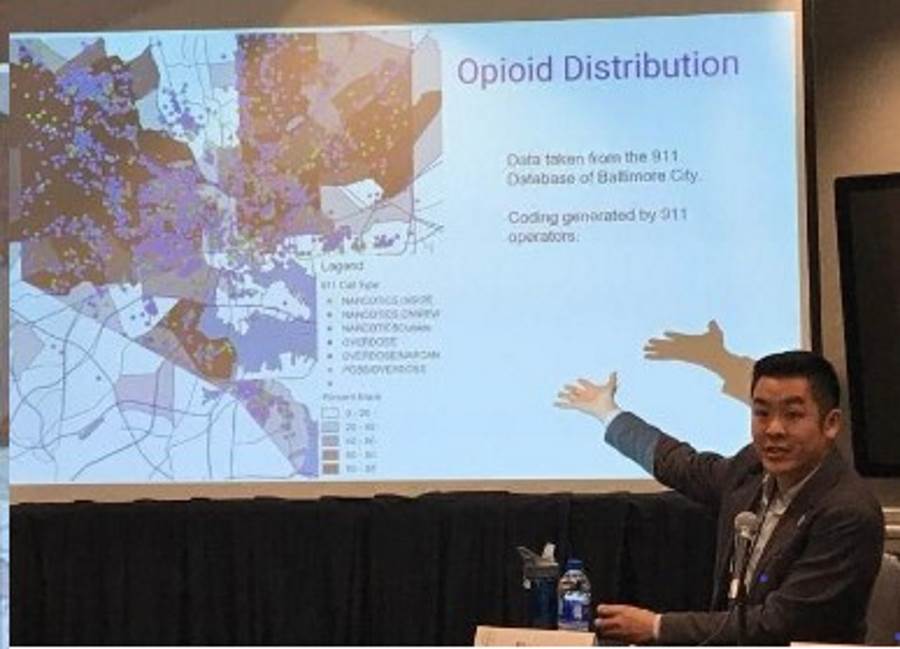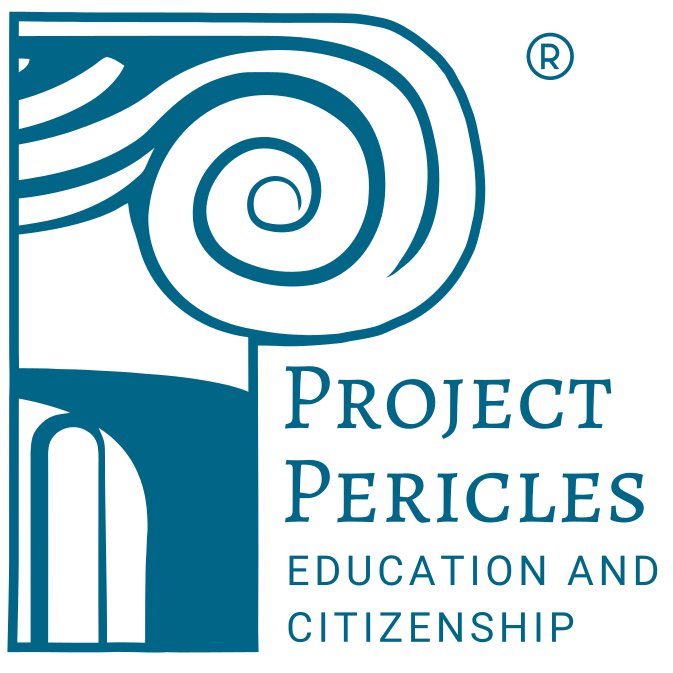|
The Periclean Faculty Leadership Program (PFL)™ champions civic engagement in the classroom, on the campus, and in the community. Periclean Faculty Leaders create and teach courses in a wide variety of disciplines in the fine arts, humanities, social sciences, and natural sciences that address issues of social concern, enrich curriculum, and enhance student social interest and involvement. They promote civil dialogue locally through lectures, town hall meetings, and public events; and advance public scholarship nationally and internationally through publications and conference presentations.
Periclean Faculty Leaders Wow at AAC&U Annual Meeting in Washington DC
Current Periclean Faculty LeadersThe newest cohort of Periclean Faculty Leaders will teach their courses in the Fall of 2019. The PFL Program supports faculty in a variety of disciplines as they teach courses that address issues of social concern, enrich curriculum, and enhance student social interest and involvement. (Note: on mobile phones, swipe left to bring overflow table column content into view.)
Prior Periclean Faculty LeadersPericlean Faculty Leaders, 2010-2012 and 2017-2018
|
551 Fifth Avenue, Suite 1910, New York, NY 10176-0899
[email protected]
Privacy Policy | Terms & Conditions
[email protected]
Privacy Policy | Terms & Conditions
Support Project Pericles
All rights reserved ©
Project Pericles


